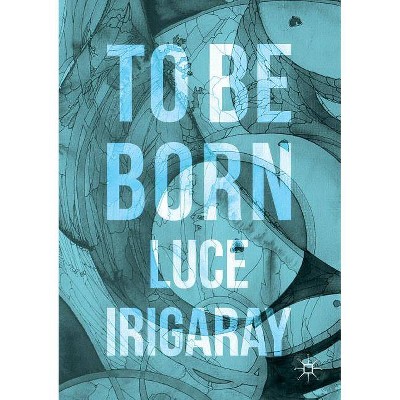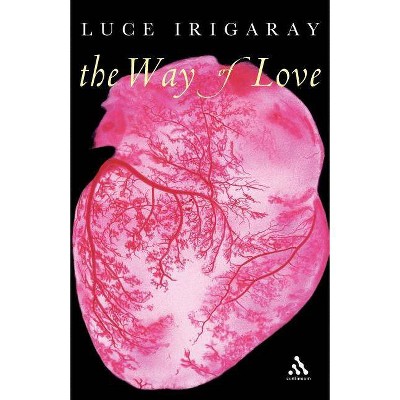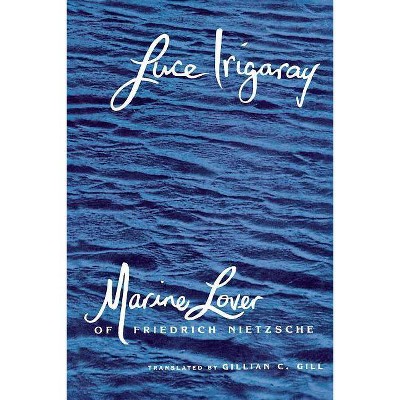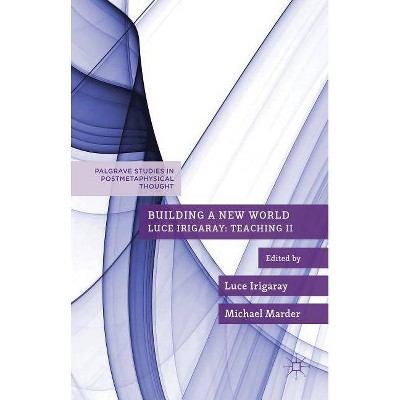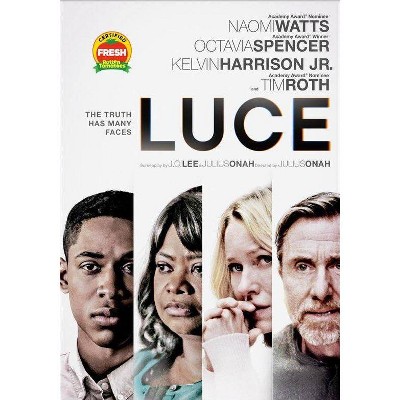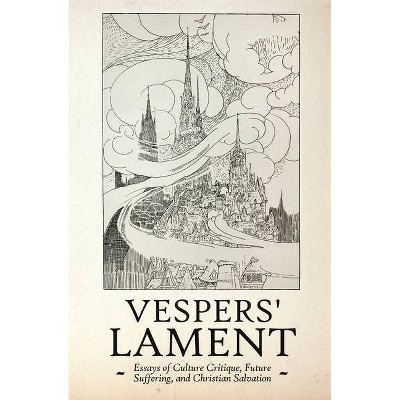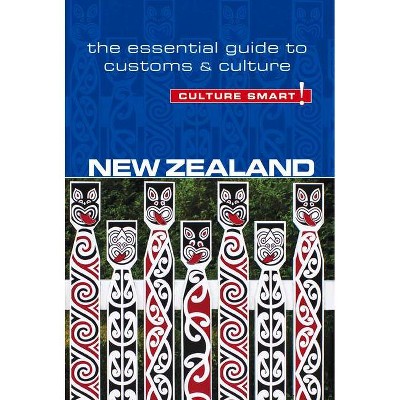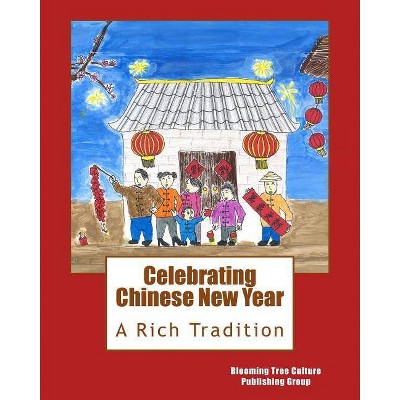A New Culture of Energy - by Luce Irigaray (Paperback)
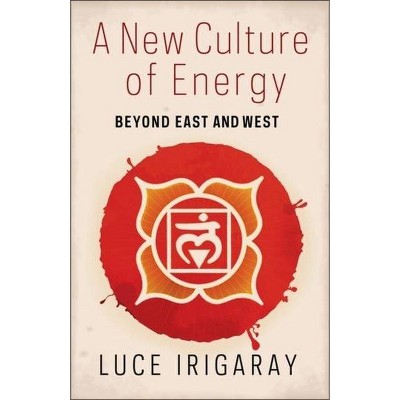
Similar Products
Products of same category from the store
AllProduct info
<p/><br></br><p><b> About the Book </b></p></br></br>Luce Irigaray reflects on three critical concerns of our time: the cultivation of energy in its many forms, the integration of Asian and Western traditions, and the reenvisioning of religious figures for the contemporary world. A philosopher as well as a psychoanalyst, Irigaray draws deeply on her personal experience in addressing these questions.<p/><br></br><p><b> Book Synopsis </b></p></br></br>In <i>A New Culture of Energy</i>, Luce Irigaray reflects on three critical concerns of our time: the cultivation of energy in its many forms, the integration of Asian and Western traditions, and the reenvisioning of religious figures for the contemporary world. A philosopher as well as a psychoanalyst, Irigaray draws deeply on her personal experience in addressing these questions. In her view, although psychoanalysis can succeed in releasing mental energy, it fails to support physical and spiritual well-being. In pursuit of an alternative, she took up the bodily practices of yoga and pranayama breathing, which she considers in light of her analysis of sexuate belonging and difference. Reflecting on these practices, Irigaray contrasts yoga's approach to the natural world with how the Western tradition privileges mastery over nature. These varied sources provoke her to question how a tradition imagines transcendence and the divine. In the book's final section, she reinterprets the figure of Mary through breath, self-affection, and touch, recalibrating her physicality within a natural world. A reflection on the liberation of human energy, this book urges us to cultivate an evolutionary culture in harmony with all living beings.<p/><br></br><p><b> Review Quotes </b></p></br></br><br>Building on some of her previous work on the importance of international and intercultural understanding, Irigaray argues that interculturality, represented here mainly by yoga (an Eastern practice adopted by many Westerners), can help to move us towards full realization of what it means to be human. Irigaray's writing is always idiosyncratic as well as passionate, and here she is even more autobiographical than usual. This is one of her most readable works--and one of her most enjoyable!--Michael Worton, coeditor of <i>French Studies in and for the Twenty-First Century</i><br><p/><br></br><p><b> About the Author </b></p></br></br>Luce Irigaray is an acclaimed French philosopher, linguist, and psychoanalyst, the author of more than thirty books, which have been translated into a number of languages. Her previous Columbia University Press books include <i>Between East and West: From Singularity to Community</i> (2001) and, with Michael Marder, <i>Through Vegetal Being: Two Philosophical Perspectives</i> (2016).
Price History
Price Archive shows prices from various stores, lets you see history and find the cheapest. There is no actual sale on the website. For all support, inquiry and suggestion messages communication@pricearchive.us
